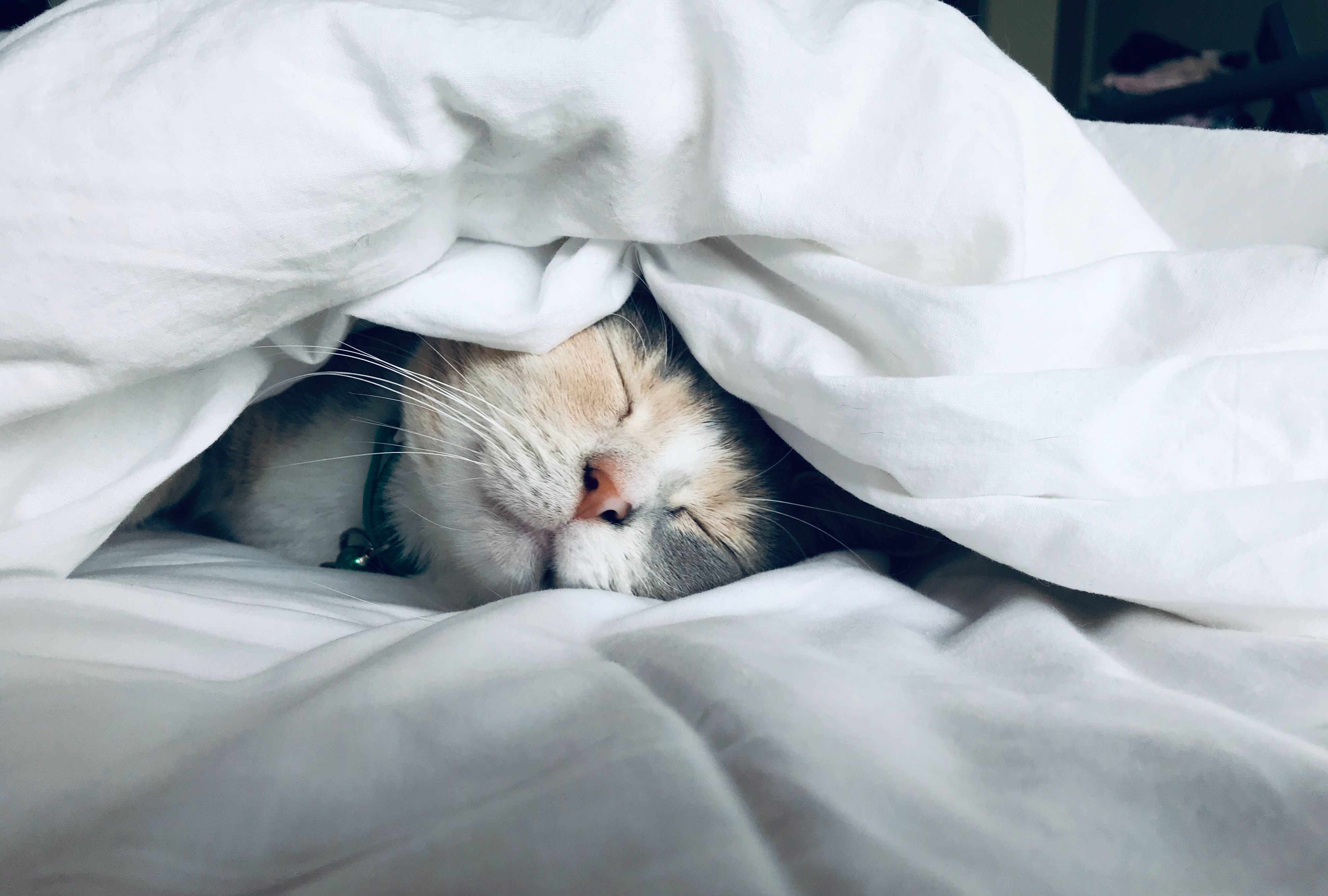The 5 Science Backed Ways To Get A Better Sleep At Night [Backed By Research]

Dr. Ben Connolly
NATUROPATHIC DOCTOR

Wouldn’t you love to have such a great sleep that you wake up the following morning completely rested, listening to the bird’s chirping and fly around you and you hop out of bed right away excited to get your day going? Ok, so maybe we all aren’t Snow White, however, you can have a better sleep and I’m here to tell you how!
Have a herbal tea in the evening
We are all creatures of habit and creating habits which tell our brains that it is time to start winding down are crucial to great sleep. I find that making herbal tea every single evening is a great way to train your brain and your body that it’s time to start getting ready for bed. There are a few reasons for this, yes depending which tea you make it may help you fall asleep or stay asleep. However, it is the ritual of making tea which I most like about this. Making tea takes time, you have to put the kettle on, get your favorite teacup and wait for your tea to steep. The process of making the tea is what trains your brain, creating that habit and allowing yourself the time to unwind from the day.
Eliminate all light in your bedroom
A study conducted on university students found that a flashlight taped to their leg under the bedsheets significantly decreased levels of melatonin throughout the night. This means, that if you have any light sources in your room, even though they may not be directly into your eyes, they could be decreasing your melatonin levels. Therefore try and make your room as dark as possible, purchase some blackout blinds, then start covering up all those little red and green lights you find on electronics, light switches and everything else.
Go To Bed Before Midnight
Ideally, if you’re working a 9-5 job, the best time to go to bed would be between 10-11 PM. You should be asleep by 11 PM so that your body releases melatonin on time which should be between midnight and two AM. Melatonin release is crucial to avoiding burnout and feeling stressed the following day. When your body releases melatonin it causes cortisol (stress hormone) levels to drop which means your quality of sleep is better and the following day you feel less stressed.
Decrease or eliminate alcohol before bed
Alcohol can significantly decrease your quality of sleep. With excess alcohol, it can cause you to wake up in the middle of the night due to the drop of specific neurotransmitters. Not only that, but it can leave you feeling blue the following morning and make it difficult to get through the day. A glass of wine with dinner can be enjoyable and possibly help with digestion, however, enjoy it with dinner and switch to herbal tea in the evening.
Avoid screens at least 1 hour before bed
Remember the last time you were driving at night and you saw police lights behind you and how those bright blue lights made you feel? There is a reason you felt that way and that is due to the blue lights. Blue lights are highly stimulating to our brains, which is why brake lights on cars are all red. Red light is gentle and easier on our brains. All LED screens (phones, TVs, tablets) are all illuminated with blue lights which makes them beautiful and bright and also viewable in the bright sunlight, however, that also means you’re shining bright blue lights into your eyes just inches away. Ideally, 60 minutes before bed you should avoid all screens as much as possible. Pick up a book instead. However, if you really need to be on your phone or laptop turn on the blue light filter or download Flux which will block the blue light.
Start Your Best Health, Today
Contact us to schedule a complimentary consultation
